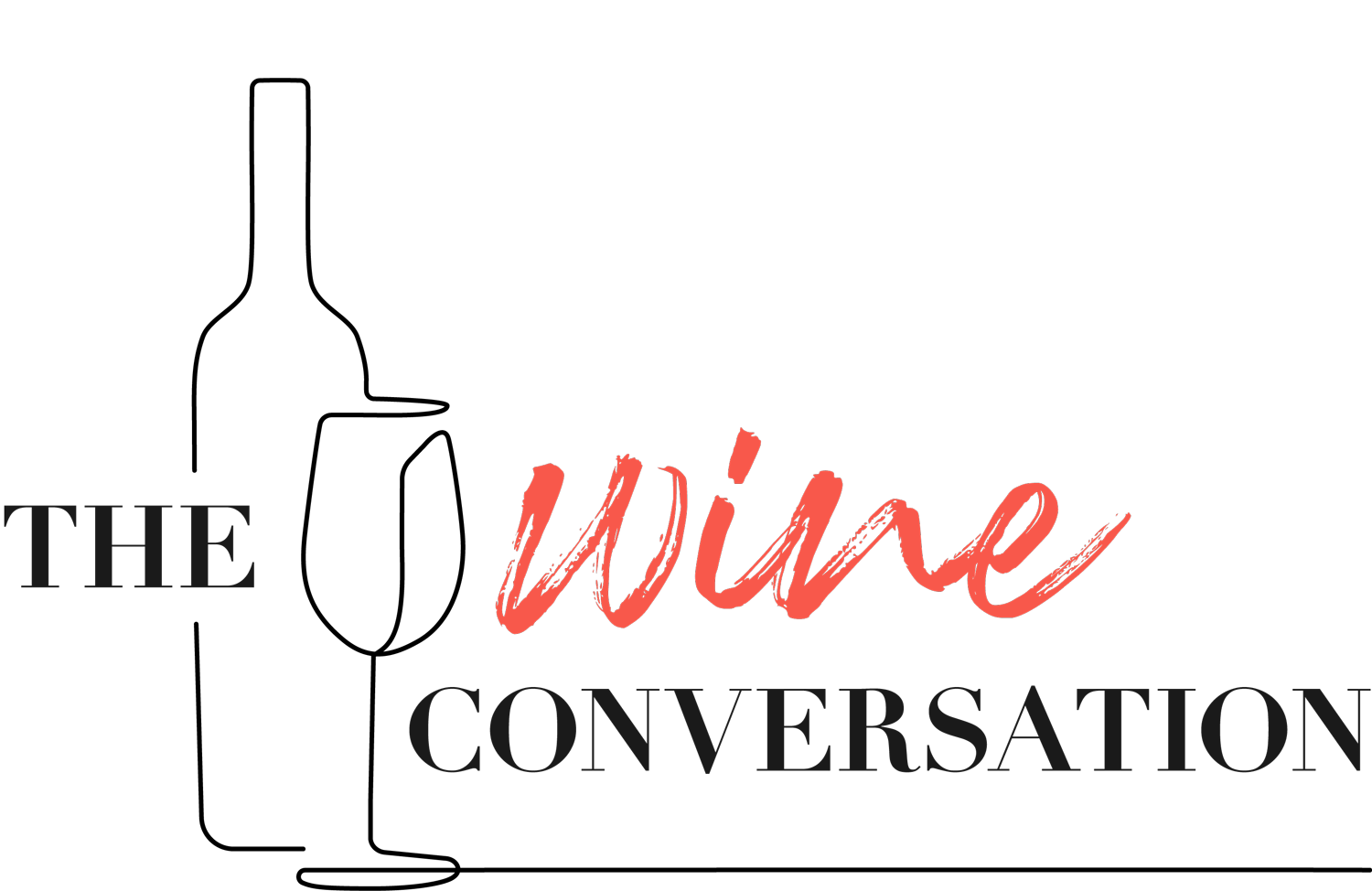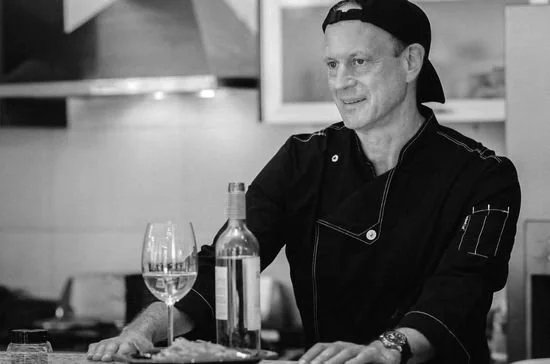▻ Where To Learn About Wine
In conversation with Charlie Leary
Episode Summary:-
Charlie Leary talks with Jane Anson about his new book, Leary’s Global Wineology, the first book to list all wine education programmes globally (now available on Amazon). Leary’s background was in the academic world, but he swapped that for agriculture and cheesemaking in Louisiana. He started selling the cheese into high-end restaurants, and also launched a Creole vegetarian restaurant, for which he had to develop a wine list, and thus began his interest in wine. He talks to Jane about how he thought there was a gap in the wine-education market, as there was no reference book which brought together all the available wine courses around the world. He decided it was a gap that needed to be filled. (While it is possible to use Google to find local courses, there was not a reference which helped people find what they offered by discipline.) He explains to Jane that he has organised the content in different ways, looking at which courses offer the best value for money, which courses offer the best potential career path in the wine trade, which courses are free, and so on. He plans to make the guide an annual; currently, courses are listed in 19 countries.
““I was surprised that wine studies actually developed more through the wine trade than the academics.” ”
One chapter in the book looks at salaries in the wine business. He was surprised to find that the salaries are pretty decent, with Master Sommeliers being able to command up to £150,000 a year. He also believes that taking the Master of Wine exam increases earning potential. Jane and he discuss the cost of taking the exam, which they estimate is around £25,000, unless you are able to pass it in three years (unusual), when it is possible to complete at the cost of around £14,000, though Leary points out this does not include wine samples or travel.
The University of Adelaide and the Rioja Wine Academy both offer good free wine courses, and he tells Jane, “I was surprised that wine studies actually developed more through the wine trade than academia.” He reveals his hidden gems, including the Wine Scholar Guild and the Strasbourg Geosensorial programme. He also looks at the wineries which are offering wine courses and discusses the merits and drawbacks of several other courses, including WSET.
Another chapter which caught Jane’s eye is on diversity, power, environment, and the hidden cost of education, which Leary explains is aimed at the education providers. In it he talks about the environmental impact of rapid expansion, using the Prosecco region as an example. He also addresses the role of slavery within the wine business, and the role of women, following on from the recent scandal at the Court of Master Sommeliers. He believes that too many educators are not addressing these issues, and are happy to gloss over them.
And in conclusion, Jane asks, if he were to attend only one course, which would it be? He replies that it would be the Strasbourg Geosensorial programme. Altogether, this book is a fascinating – and often surprising – look at what is on offer for wine lovers who want to increase their knowledge.
Running Order:-
-
0.00 – 21.24
– Charlie Leary’s academic background.
– The launch of Leary’s Global Wineology.
– The different wine courses by content.
– Paid for and free wine courses.
– Which courses offer the best value for money.
– Which courses offer the best route into working in the wine business.
– The salaries you can earn in the wine business. -
21.25 – 40.18
– Which wine courses are the hidden gems.
– Encouraging wine education providers to diversify their approach.
– Mentorship programmes in the wine world.
– How to buy the book on Amazon.
– Courses offered by wineries.
– The course Charlie Leary would like to attend.
Charlie Leary writes about wine and wine history from his base in Panama City, Panama. A member of the Circle of Wine Writers and Phi Beta Kappa, he earned his AB in history with high honors & distinction from Kenyon College, magna cum laude, and PhD & MA degrees in history from Cornell University, where he won Mellon and American Council of Learned Societies fellowships.
He also studied at University of Oregon, Indiana University, Nanjing University, Peking University, and the Harbin Institute of Technology. He more recently completed an online certificate in real estate economics and finance through the London School of Economics and Political Science and ThePowerMBA online program in Spanish.
Charlie developed and taught the first class on modern Chinese history for Tulane University before becoming an organic farmer and artisan cheesemaker in Louisiana’ in the early 1990s. The Guilde Internationale de Fromagers inducted him as a member in 1994. He then turned to hospitality and operated small hotels and restaurants in the United States, Costa Rica, France, and Canada, also serving as an award-winning wine director. His businesses won various accolades, including being a finalist in the National Geographic Society’s worldwide Geotourism competition and winning the first annual Tibbetts Award from the US Small Business Administration as well as the Parks Canada Sustainable Tourism Award. Five Star Alliance twice named his tiny Nova Scotia resort among the World’s Best Restaurant Hotels.
RELATED POSTS
Keep up with our adventures in wine
Further Information:-
And schools specifically mentioned in the podcast:
Aalto, Ribero del Duero,
MOOC (massive open online courses),
George Brown in Canada, wine specialist course,
CWS Wine Educators,
Napa Wine Academy,
San Francisco Wine School,
WSET,
Institute of Masters of Wine,
Wine Business Studies at Sonoma State,
University of Adelaide free intro courses high quality,
Strasbourg Geosensorial Programme








It has been a vintage year for wine books says Brian St Pierre. Check out our Wine Books of the Year for an assessment of this bounty.